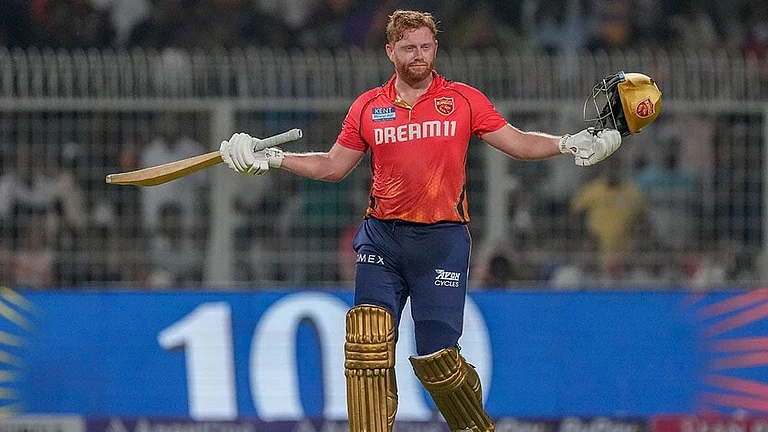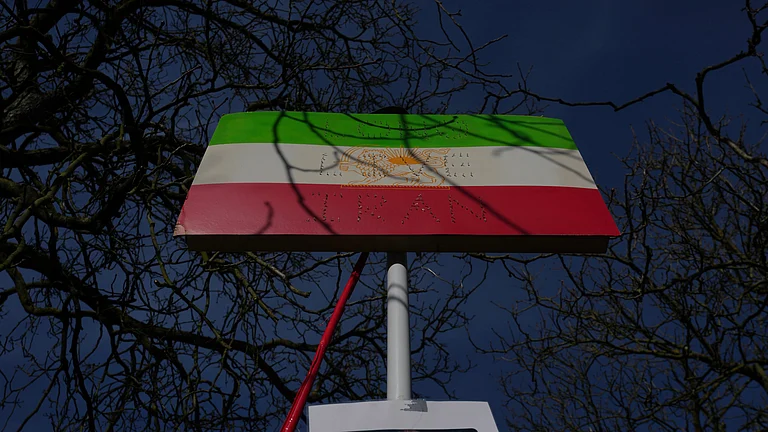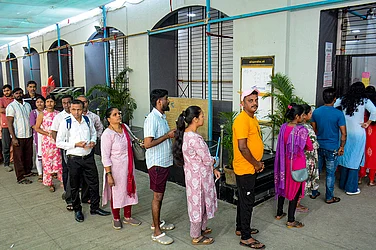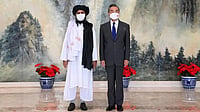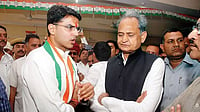In March last year, Dr. Aqsa Shaikh tweeted: “Can I lay claim to be the only #Transgender person to head a #Covid #Vaccination Centre in India? Will be very happy to have company of other Trans Folks in this spot.” The internet and social media went berserk, asking one question: Why is there only one person heading a centre, in a country that houses 4.8 million transgender people?
Shaikh is an associate professor in the Department of Community Medicine at Hamdard Institute of Medical Sciences and Research, Delhi. Besides being a doctor, academic and researcher, she is also a staunch transgender rights activist. Raised in Mumbai, where she completed her medical training before relocating to Delhi nearly a decade ago, Shaikh has faced myriad challenges, especially in her professional life as a medical student, a doctor, and then as a teacher.
“We need to understand that medical colleges are extremely binary in outlook and do not have space for trans and non-binary people,” she tells Outlook. “These spaces,” she adds, “can be very transphobic at times. And it becomes difficult to navigate.”
Shaikh is quite keen on advocacy, especially through legal routes, and through the National Human Rights Commission (NHRC). She had recently filed a complaint with NHRC, highlighting that the Hindi term used for transgenders on toilet signage was improper and hurtful. The NHRC took cognisance of the complaint and asked Delhi Metro Rail Corporation (DMRC) to file an action-taken report. Thereafter, DMRC in June informed NHRC that all signages across 347 transgender toilets on its premises had been removed.
“The symbol of half male, half female on the signages was inappropriate and incorrect,” Shaikh says, adding, “So I decided to file the complaint.”
She has also approached NHRC to demand a Transgender Welfare Board in the Union Territory of Delhi. Shaikh’s activism and advocacy have also focused on issues of banning unnecessary intersex surgeries on intersex children. “We are happy to say that the Delhi Commission for the Protection of Child Rights passed an order in this regard, banning unnecessary surgeries on intersex children unless it’s a life-threatening condition,” Shaikh says.
Shaikh has also been actively pursuing the cause of ensuring that medical curricula are trans-inclusive, and that they aim at creating a group of doctors who have empathy and correct knowledge to treat sexual and gender minorities.
“In this regard,” Shaikh adds, “We have developed transformative competencies and have been advocating with the National Medical Commission for its inclusion in hundreds of medical colleges across India.”
(This appeared in the print edition as "A Long Walk Towards Inclusivity")
Liked the story? Do you or your friends have a similar story to share about 'ordinary' Indians making a difference to the community? Write to us. If your story is as compelling, we'll feature it online. Click here to submit.









